

www.youtube.com/watch?v=4zK5...
#MarineLife #SciArt

www.fisheries.noaa.gov/feature-stor...

Reposted by: Allen G. Collins, Julie L. Lockwood
besjournals.onlinelibrary.wiley.com/doi/full/10....
For Chordata there is no cutoff that leads to 0% error when assigning species!! (Table S4)

Reposted by: Allen G. Collins, Julie L. Lockwood

Reposted by: Allen G. Collins, Elliott L. Hazen, Trevor A. Branch
30 years of research, 10 years of "we should", and a year of collating pix and writing.
Sönke and I show (mostly for the first time) images of how organisms produce, use, and interact with light in the sea. #bioluminescence #fluorescence 🦑🧪🌊
Predatory tunicate.


Reposted by: Allen G. Collins
Citizen science is a huge part of marine conservation and one of the most fun ways of helping our seabeds. Whether you’re out snorkelling or rock pooling, you can record your findings by submitting them to the iNaturalist app.
#NationalMarineWeek
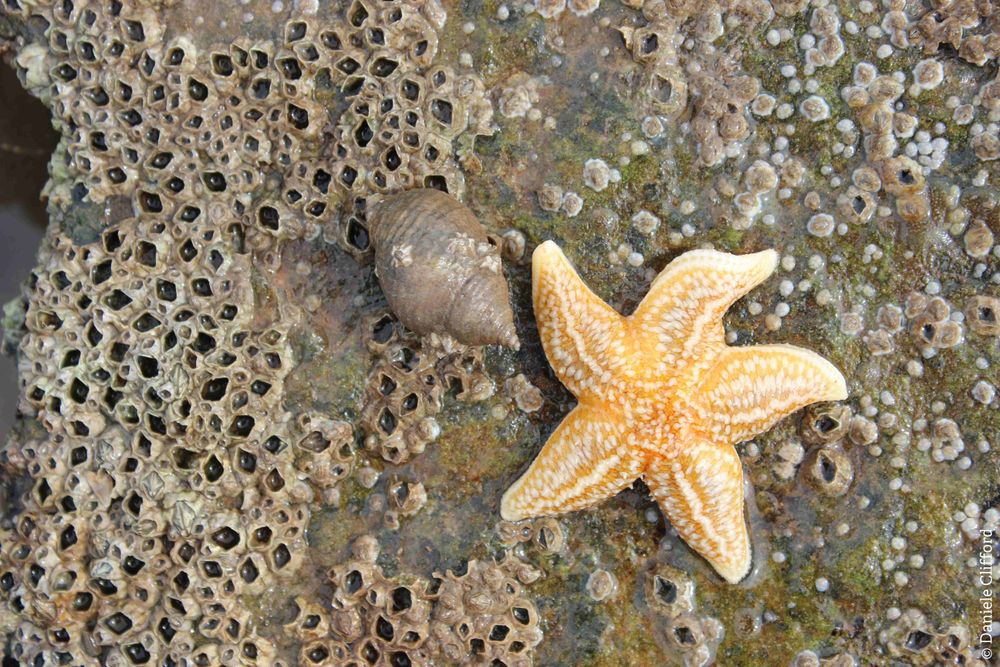

Reposted by: Allen G. Collins


Reposted by: Allen G. Collins
This Ooperipatellus sp. is an egg-laying genus, but there's another here that gives live birth!
Mind. Blown. 🧪

Reposted by: Allen G. Collins




Reposted by: Allen G. Collins
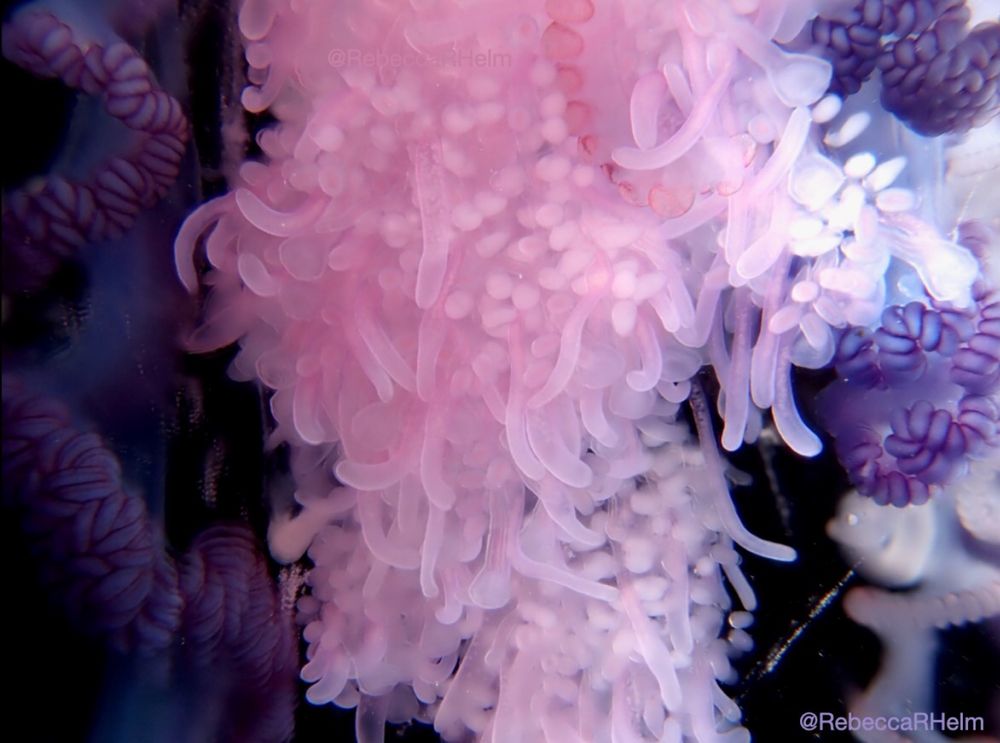
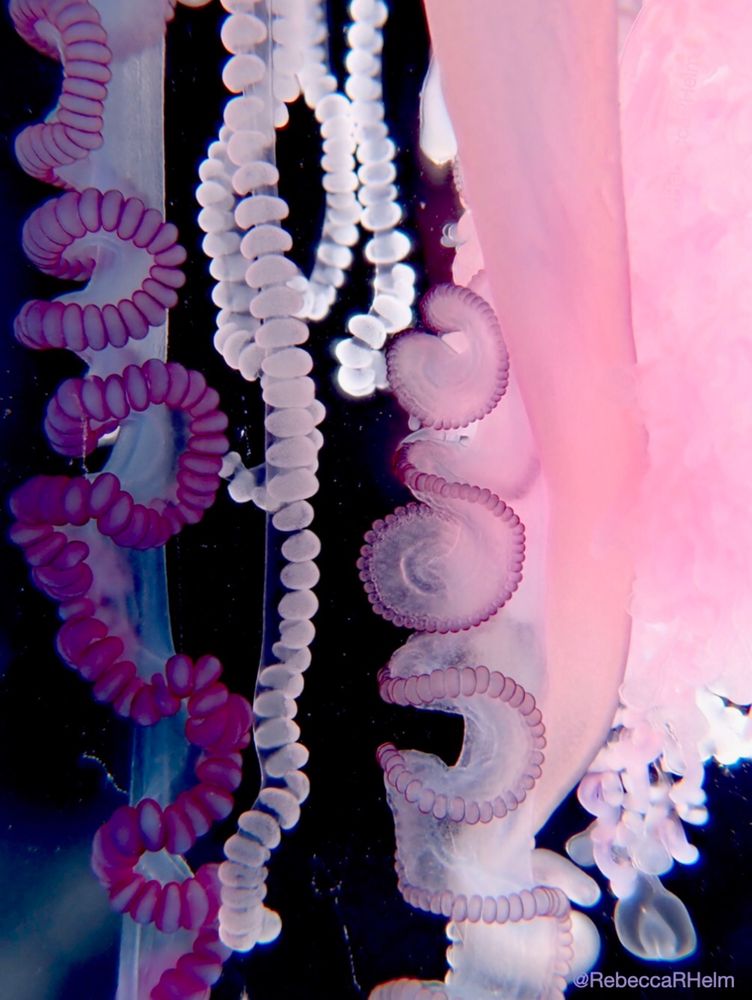
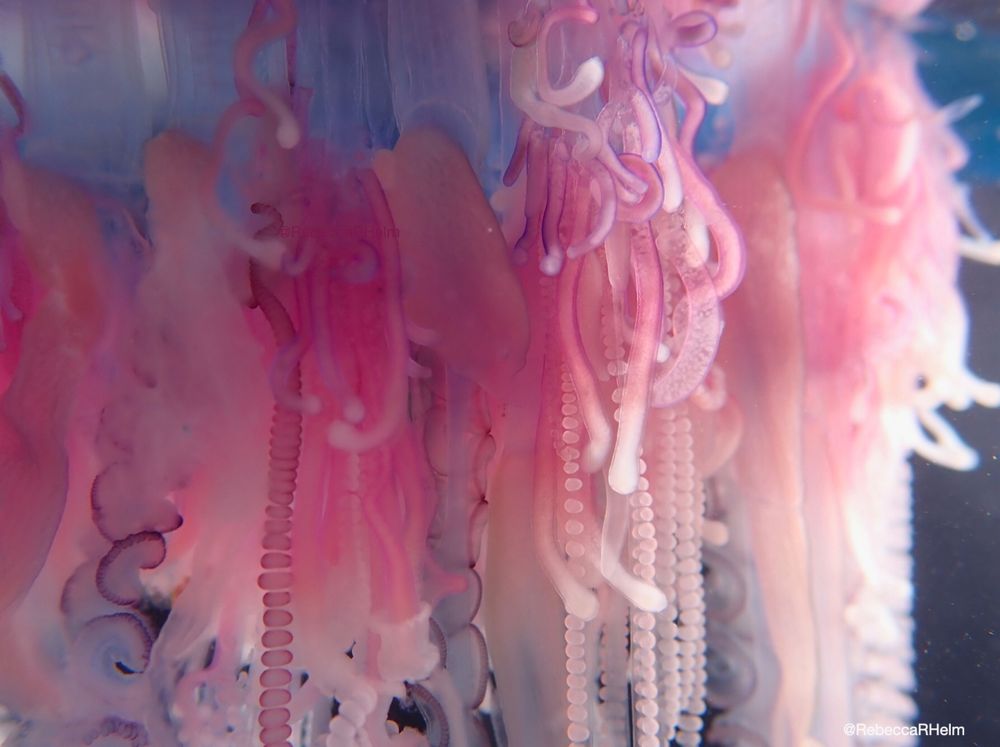
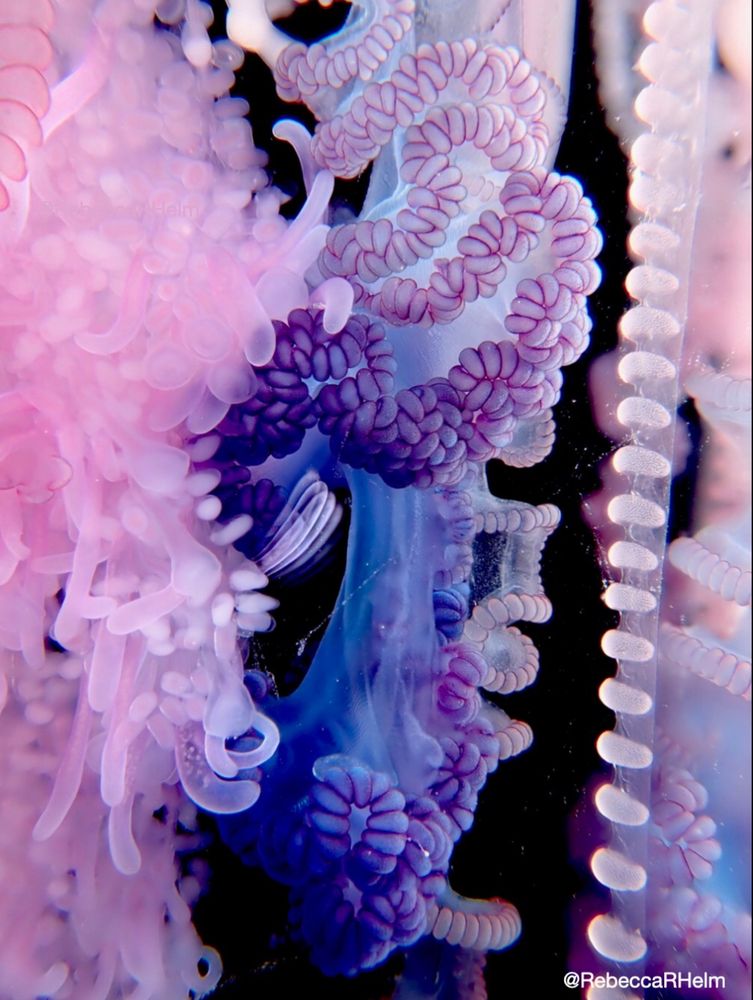
Reposted by: Allen G. Collins
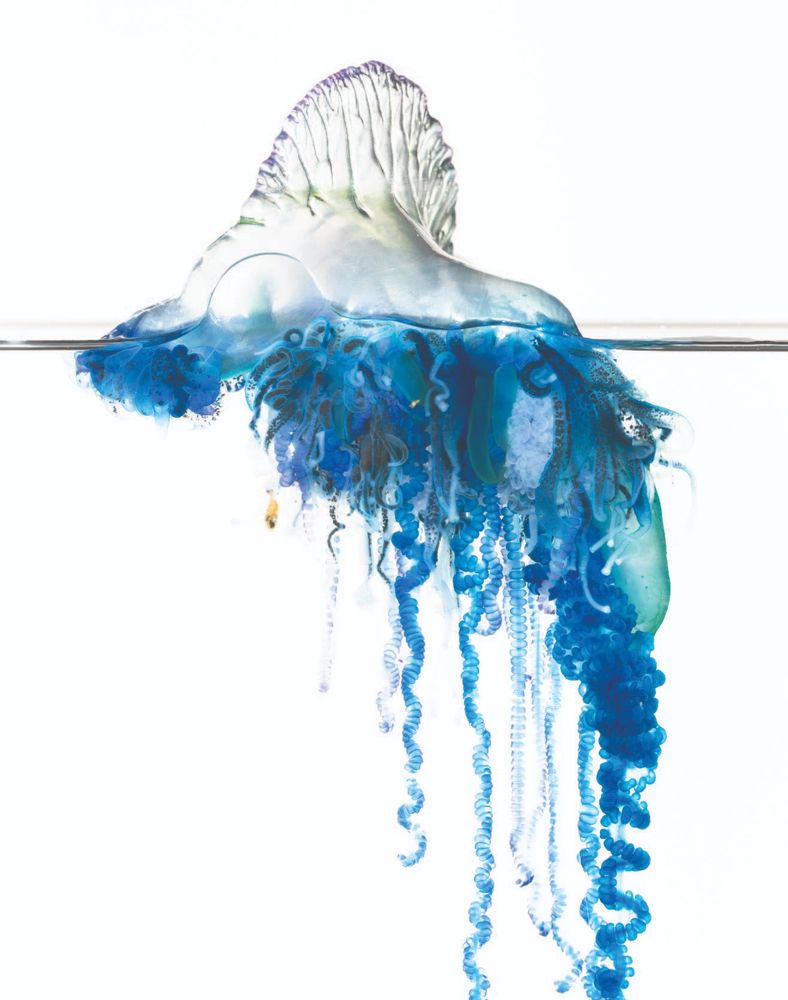
www.frontiersin.org/journals/mar...
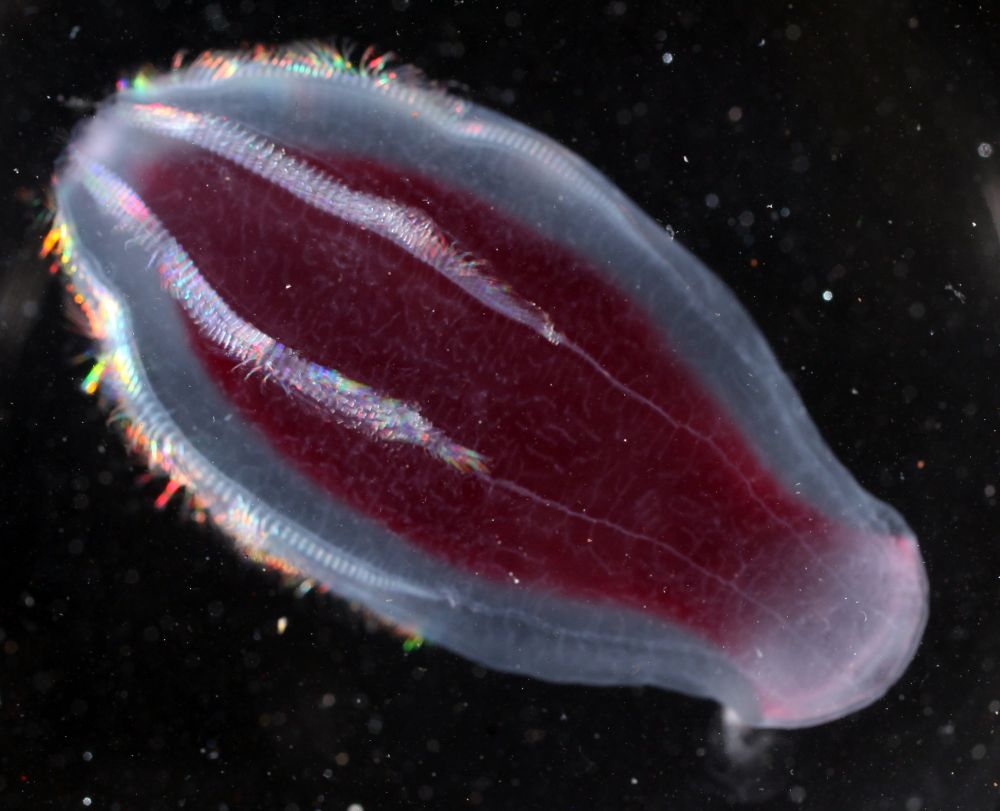
Reposted by: Allen G. Collins
A study of 3,500 residents in Tokyo & Osaka finds both visiting nature and feeling connected to it linked to better health – especially in deprived, urban areas.
🔗 www.sciencedirect.com/science/arti...
#Nature #Wellbeing #SciComm 🧪

Reposted by: Allen G. Collins
